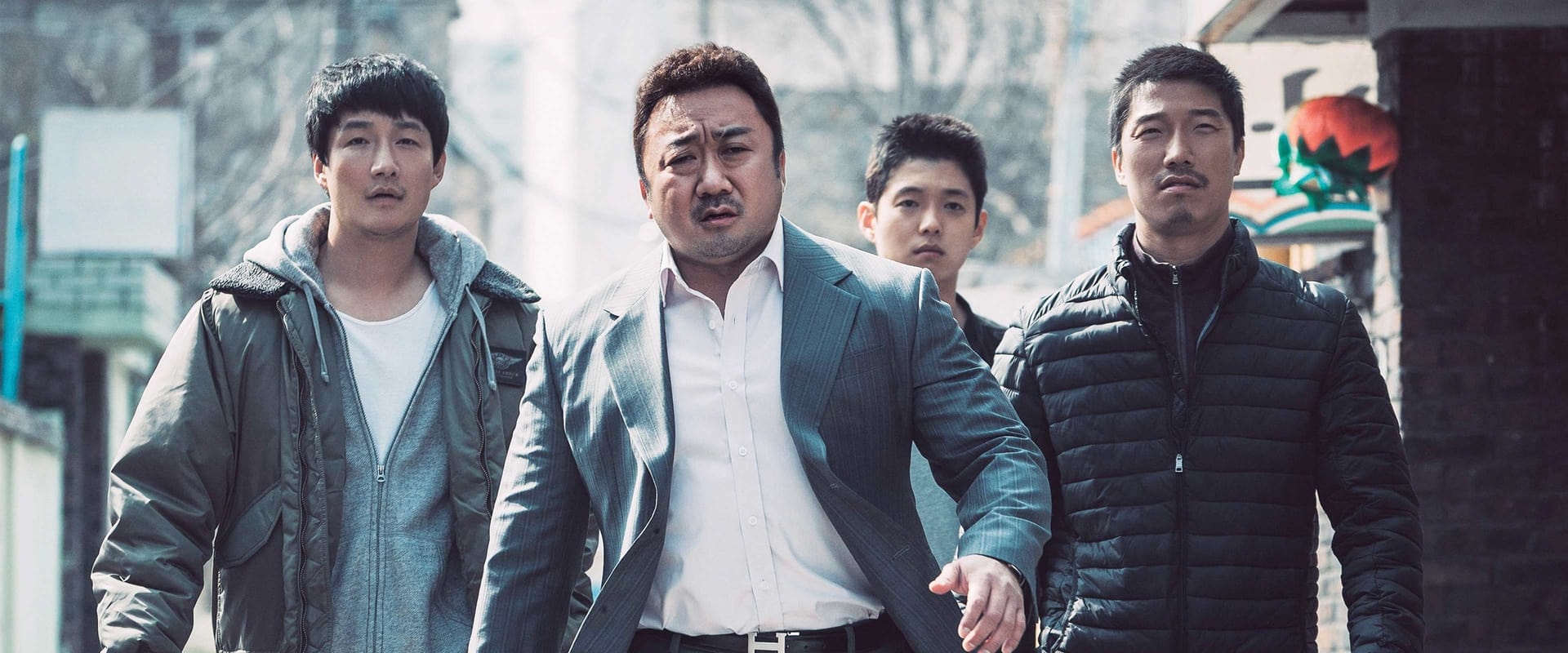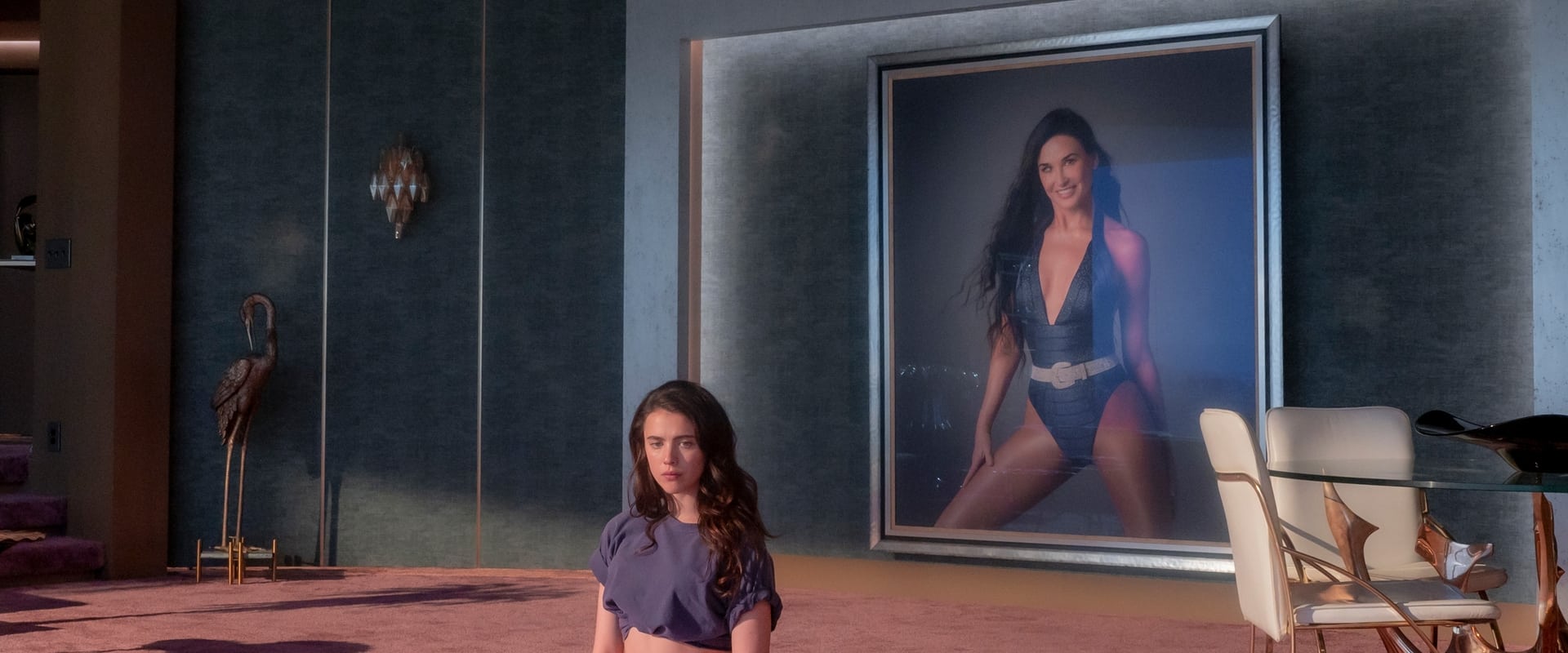Let me confess—when a director struts into crime cinema for the very first time and comes out swinging with the force of a heavyweight champ, you sit up and take notice. Kang Yoon-sung’s “The Outlaws,” the inaugural strike in what would become “The Roundup” series, barrels out of the gate less like a cautious debut than a slugger firing on all pistons and daring the old guard to keep pace. The wildest surprise? Kang was a rookie. But while veterans sometimes churn out crime genre sausages with the predictability of a midnight noir rerun, here’s a newcomer whose bravado is only matched by his dexterity.
Grounded in the very real Heuksapa Incident—that blot of violence and xenophobia in the annals of Garibong-dong, Guro District—it’s a film that fuses the rough sinew of reality with the muscular pulse of genre cinema. And that’s not just a marketing stunt: knowing, as you watch, that this grimy underbelly actually wriggled its way through Seoul’s surface gives the story a living, breathing danger. South Korea’s bruised 2000s get their reckoning in every shadow, every drop of blood, and—thankfully—without the groaning, “Based on a True Story” signs of Hollywood’s more pious crime operas.
Kang’s vision is admirably unfussy: he doesn’t tart up melancholy or sink into facile social commentary. No, he hustles us straight into Chinatown’s tribal turf battles, where the local gangs try to keep up with a menacing new kid on the block, the Black Dragon Gang from Yanbian—lead by a reptilian, cold-sweating villain, Jang Chen (Yoon Kye-sang, making bloodthirstiness look like a matter of religious conviction). If gangland cinema from Coppola to Scorsese has taught us anything, it’s that crime films get their energy not from plot contrivances but from an ecosystem of moral infection, dog-eat-dog loyalty, and feral ambition. “The Outlaws” revels here with a confidence that’s almost indecent in its pleasure. Kang may be the rookie, but he’s dog-walking his elders.
And then there’s Ma Dong-seok—Don Lee, for the multiplex crowd. Detective Ma Seok-do isn’t one of those porcelain figurines we’re supposed to empathize with from a respectable distance. He’s all battered hands (capable of flattening a roomful of thugs with a shoulder check and a deadpan), and a sense of howls-beneath-the-surface decency. He’s the rarest of things, a moral anchor who isn’t painted in watercolor piety. Ma Dong-seok fuses lawman gravitas with the brashness of the old-school bruiser; watching him sort out Chinatown’s writhing gangs is witnessing a bull methodically organize a flea circus.
But it’s Yoon Kye-sang who transforms the knife-wielding, ice-veined Jang Chen from a genre-afterthought into a full-bodied horror. He manages, with every clipped phrase and eerily measured gesture, to broadcast an existential chill on the proceedings. This isn’t a cartoon villain doing a Bond audition—he’s a shark sliding through a paddling pool, devouring the local color. It’s that specific, dead-eyed vision—his knife scenes so precise they jangle your nerves long after the credits—that vaults him into the pantheon of great screen heavies. In another movie, you’d demand more backstory, but here, brevity is the point; menace leaks from every glance.
Which brings us to Kang’s direction—confident, kinetic, almost ruthlessly well-timed. Not for him the luxury of rabbit trails and self-indulgence. The film races but never stumbles, covers a tapestry of action and double-crosses without loose threads hanging at the end. And the fight choreography—crisp, punishing, credible—reminds you how paper-thin and weightless most Hollywood action feels by comparison. Here, every blow lands. When violence erupts, it’s not a music-video ballet but a live wire snapping in a rainstorm.
Yeah, a little more emotional plumbing—an excavation into Detective Ma’s battered psyche or Jang Chen’s monstrous origin—would have seasoned the broth, but what we lose in autobiography we gain in narrative velocity and a refreshing focus on present-tense chaos. The script’s commitment to keeping exposition lean and dialogue sharp (no stabs at purple prose, thank God) is a statement in itself.
If “The Outlaws” wrapped itself only in the greasy trench coat of genre, it would still be one of the more vivid action-thrillers in recent memory. But what it does—subtly, almost insolently—is lace its mayhem with a chorus of moral ambiguity. There are no pristine heroes, no manufactured catharsis. Instead, we get the bracing stew of survival, corruption, and the stinging ache of lawmen who know every victory is local and temporary, offset by the next incoming wave. The film never once sprinkles sugar on its realities; the social rot is etched in every flicker of neon and every shakedown in a Chinatown alley.
Kang’s debut is not only a pulse-pounder but a reminder that, sometimes, the best films come from those with nothing to lose and everything to prove. “The Outlaws” is as taut, nasty, and exhilarating as a rollercoaster in the dark. In a genre bloated with predictable set pieces and cartoon machismo, Kang delivers the real deal: fight scenes that feel dangerous, a cop you can believe in (muscle, mind, and hidden nerves), and an antagonist so good you imagine he can gnaw his way out of the screen.
Is it the crime-action drama’s Citizen Kane? Let’s not get carried away, but when a film grabs you like this—sweaty-palmed, unflinching, never letting up or letting down—you realize you’re in the hands of a director who could be a new heavy hitter. As an opening act, “The Outlaws” is not just good. It’s a wake-up punch to the genre—a reminder that the real thing can still knock you sideways.
You want crime cinema sharpened to a dangerous edge, purged of sentimentality, yet pulsing with the possibility of carnage and bleak, muscular humor? Here it is. For two hours, we’re all back in the underbelly, and Kang Yoon-sung is running the show. I wouldn’t want to see him on his off day.


